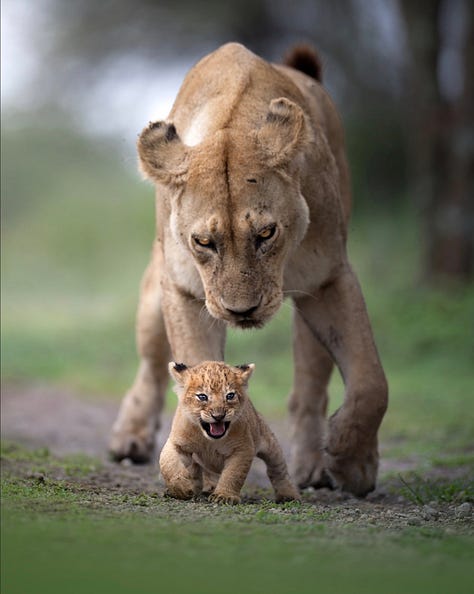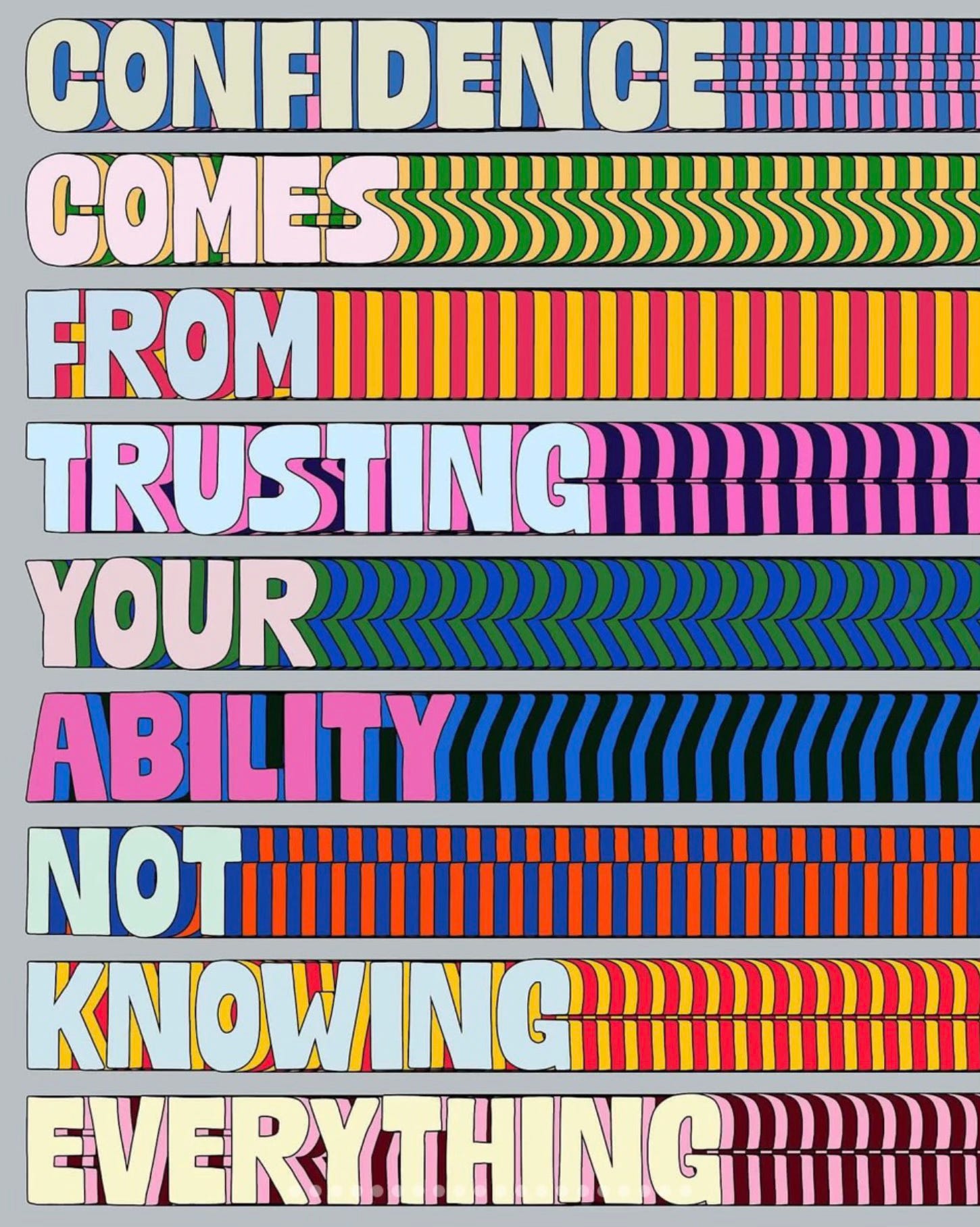I ran across this simple statement on a bookmark I found while organizing my overflowing bookshelf and it made me so grateful to be in a quiet, almost boring relationship. Seriously! I don’t like drama at all. In fact, I tend to either work hard at down-playing it, or I just leave/walk away (being an introvert and an Enneagram 9 contribute to my preference for drama-free interactions and relationships at all costs. IYKYK).
The statement above also reminded me of a passage I highlighted last month while reading The Silent Patient by Alex Michaelides:
“About love. About how often we mistake love for fireworks—for drama and dysfunction. But real love is very quiet, very still. It’s boring, if seen from the perspective of high drama. Love is deep and calm—and constant.”
I suppose these observations about love resonated with me because my husband and I are celebrating our sixteenth wedding anniversary today, and I always get a little introspective around our anniversary. Our wedding was such a fun day—filled with so much joy and laughter, and our marriage has been pretty much the same way, even in the tough times.
“What this simple social experiment reveals about political groupthink is. . .well, unsettling.
Nobody instructed anyone to stand or sit. Yet once a few people made their move, everyone else followed—not because they understood the reason, but simply because it felt like the “right” and safest option.
This dynamic is all too familiar in politics. It’s easy to automatically align with your party, your news feed, or your social circle. Challenge the majority, and you risk being branded as difficult, disloyal, or worse.
Here’s the striking part: even after the original actors left, the behavior persisted. People continued to mimic the actions without any guidance. That’s exactly how political groupthink works—no orders needed, just the momentum of conformity.
If we’re not careful, we end up echoing ideas instead of questioning them, defending positions rather than demanding progress. Politics doesn’t need more blind loyalty; it needs sharper, independent thinking.” — From Builders










I’ve watched and rewatched these three videos again and again. They are hilarious—each in its own way—and each has brought me so much joy over the last month or so. Make sure your sound is on and your volume is up (especially for the ASMR delights of Alan):
1) Silent Letter Day—
2) Australian Twin Interview—
3) Alan—he’s my favorite! His name, his outfits, the way he comes running in each video slide, and the way he chows down on new foods
This story is crazy!
He Was Playing Disc Golf—Then a Tiny Hammerhead Shark Fell from the Sky
I finally got on the bandwagon and recently started watching The Last of Us. I really like it so far. I like the storytelling and character development. But I hate the mushroom zombies and the way people turn against each other so quickly. I also hate how “real” it feels in the way groups immediately formed, where one group works quickly to consolidate power, other and dehumanize, and enact oppression.
I watch each episode on the edge of my seat—less because it’s suspenseful (it is) and more because I want to be ready to leave the room if it becomes too difficult for me to watch.
I recently received a newsletter from Builders (the same organization as cited above but in a different newsletter) in which the author describes how similar to modern times The Last of Us is:
Both sides are so consumed with being right and enacting revenge that they ignore the far greater danger.
Sound familiar?
We may not be dealing with zombies (yet), but in our world, the pattern is eerily similar. Instead of uniting to face the biggest threats of our time — poverty, climate-fueled disasters, global food insecurity, insert your apocalypse here — we’re too busy fighting each other. Over tweets. Over the phrase “Happy Holidays.” Over The Last of Us being too woke or not woke enough.
Meanwhile, the problems that affect all of us gain ground. And our only chance of survival is to team up with the very people we think are our enemies.
That’s what The Last of Us gets right. The show isn’t just about monsters. It’s about what happens when identity matters more than survival. When we start fighting each other instead of preparing for what’s coming together.
So, how do we fix it?
In The Last of Us, nobody survives alone. You need other people to watch your back, share supplies, and scream “RUN!” when a clicker pops out of a parking garage. The second everyone turns on each other, it’s game over.
Same goes for us.
We need to stop treating people who disagree with us like the enemy. We need to build trust, not just with those who vote like us but with everyone. Whether the threat is political collapse, environmental disaster, or a ravenous horde of infected, survival is a team sport—and we don’t have the luxury of picking sides anymore.
The zombies in The Last of Us are fictional. But the warning is real: the longer we treat each other as enemies, the more vulnerable we become to the things that threaten us all.
Let’s stop fighting the wrong enemy. And start building something better.
— By Alex Buscemi
On a related note: may this ⬆️ and this ⬇️ challenge all of us today and everyday.
May we build trust with one another, build something better, care about others, show up, check in, and make room.








